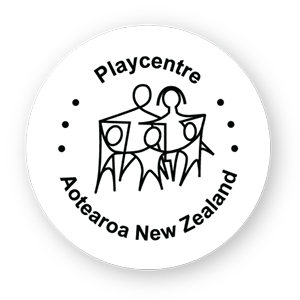Learning is child’s play
Written by: Keryn O’Neill, MA PGCertEdPsych – Senior Researcher at Brainwave Trust Aotearoa
The message that the first few years of life are extremely important for brain development is becoming more widely known.
What may be less clear is how to put this knowledge into practise. Parents wanting to give their child the best start are faced with a huge variety of choice and much commercially-driven pressure to ensure that their child makes the most of this developmental opportunity.
The bewildering number of toys and activities currently available for our babies and young children is enough to send parents’ cortisol levels into orbit. And that’s before the credit card bill arrives.
Children need stimulation, but as with many things, moderation is key. More is not necessarily better. Many children today are at risk of being over-stimulated or over-scheduled and this can actually impede rather than encourage their optimal brain development.
During the first years of a child’s life it is play, not scheduled instruction that contributes the most to brain development.1 We don’t need to formally “teach” our young children in order for them to learn. Children have their own interests and by being supported to follow these they are likely to be getting the stimulation that they need.
Play provides a wonderful opportunity for parent and child to have fun together, deepening their relationship. Children also need opportunities for some play on their own, this provides many opportunities to develop their imagination, problem-solve and develop other skills that are less likely to develop in adult-directed play. At times, boredom may provide the impetus for the child to make their own discoveries and create their own fun, fantastic life skills and great stimulation for a growing brain.
Simple toys that allow children to use their imagination and creativity have many benefits over the endless plastic creations currently available.2 Blocks, play dough, a sandpit, versatile dress-ups (as opposed to Disney inspired ones), crayons and paper provide endless options. Household objects such as boxes, blankets, pots and pans can also provide many hours of fun and learning. The toys and activities that offer the most stimulation for a growing brain often don’t have the “educational” label on them!
Learning and brain development is not limited to toys and activities specifically created for children, but also by following their interests in participating in the real world. Household activities that most adults consider work are also rich with opportunities for learning. Hanging out the washing, baking, grocery shopping and weeding the garden provide many opportunities for exploration and learning – and while the task inevitably takes longer, it can be much more fun for the adult too.
Rich sensory experiences that are so vital for optimal brain development are readily available in nature. Playing with the sand at the beach, feeling the bark on trees, smelling flowers, or listening to birds singing, enjoyed with a loving parent all provide stimulation prompting brain connections to form. Sensory experiences can be a messy business and children benefit from being able to enjoy such experiences fully, without anyone worrying about the washing!
Playful, creative children who have had plenty of unscheduled, non-screen (TV, computer etc) time for play throughout their early years, are more likely to arrive at school with their natural curiosity intact, and a strong desire to learn that will benefit them more than those whose infancy and pre-school years have been filled with scheduled activities and little time for play.
To view this article and references in PDF format please click here

